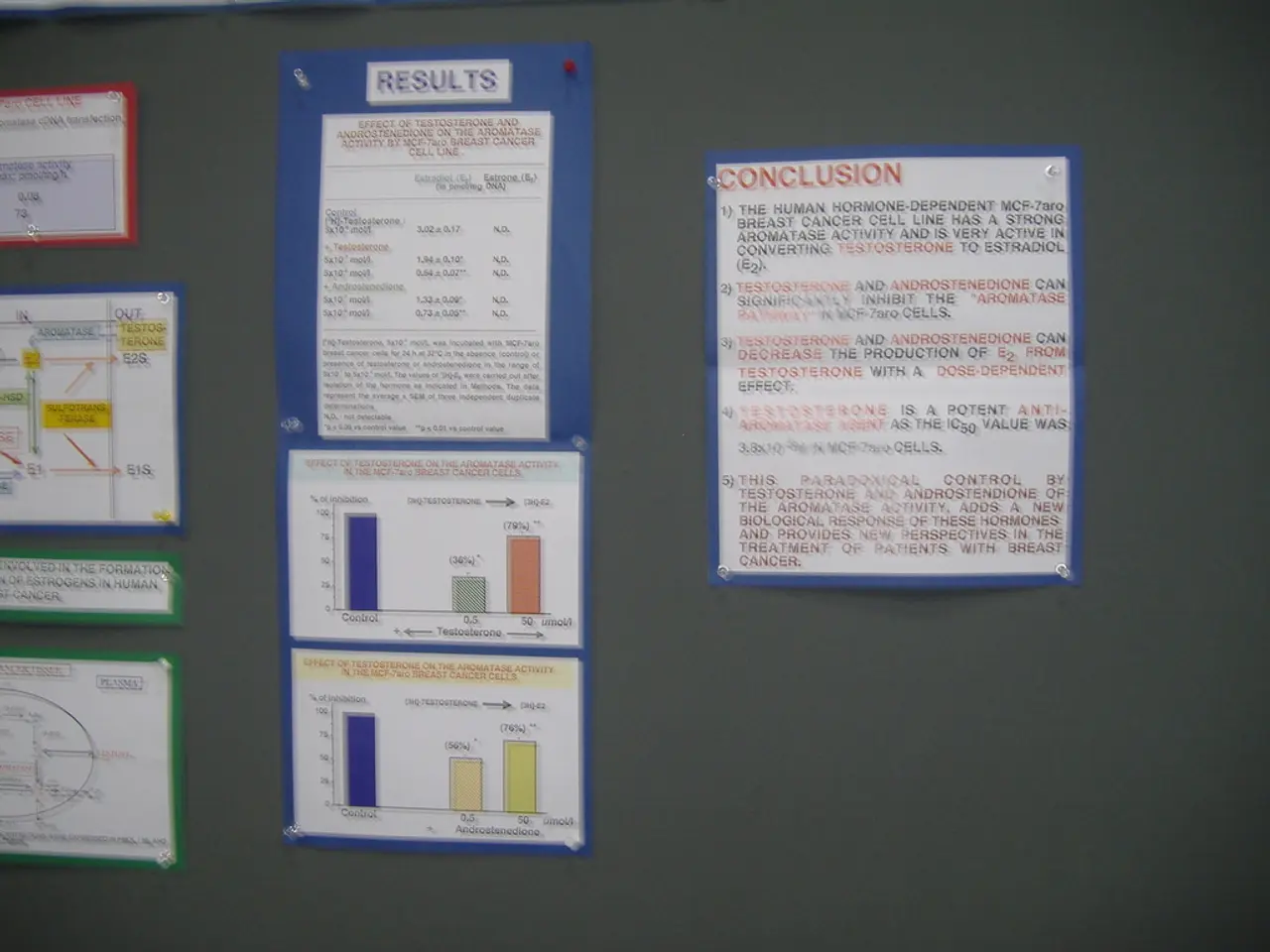Strategies for Handling an Unforeseen Early Retirement
In the midst of ongoing discussions about government restructuring, federal employees are facing important decisions regarding retirement. Here's a breakdown of key points to consider.
Rep. Dan Newhouse, R-Wash., has introduced The Federal Employee Return to Work Act, aiming to encourage federal employees to return to in-person work and curb what he perceives as "wasteful government spending." Meanwhile, the incoming administration is showing a desire to mandate significant reductions to the civilian federal workforce through layoffs, agency eliminations, and office relocations. This has led to a wave of uncertainty among federal employees, many of whom are expressing fear about the ability to retire voluntarily.
For those considering retirement, it's essential to plan carefully. Retiring at the end of a month can provide a full month's salary and the first retirement benefit for the entire following month. However, the specific suitability of a retirement date depends on the pension scheme details and any transitional rules, as neither the end of the year nor the end of January is inherently unsuitable but may have implications for pension start and salary continuation. Consulting the respective pension authority is recommended for precise planning.
When it comes to health care and dependent care flexible spending accounts (FSAs), there are specific rules to follow. If you separate or retire before the end of the calendar year, your Health Care FSA and Limited Expense Health Care FSA will terminate. Any eligible health care expenses incurred prior to the date of separation will still be reimbursed, but expenses incurred after the separation date are not. On the other hand, your Dependent Care FSA remaining balance can continue to be used to pay for eligible dependent care expenses until your account balance is depleted or the end of the calendar year, whichever comes first.
It's also important to note that there are no extensions for the Health Care FSA or Limited Expense Health Care FSA if you separate or retire before the end of the calendar year. If you used your entire elected amount before FSAFEDS has deducted it from your pay, you will not be responsible for the remaining allotments.
Lastly, it's advisable to choose a retirement date after doing thorough financial and tax planning to ensure affordability. Retiring at the end of the year, or specifically the end of the "leave" year, may help maximize the lump sum annual leave payout.
In this uncertain time, it's crucial for federal employees to stay informed and make well-informed decisions about their future. Consulting with the appropriate authorities and seeking professional advice can help ease the process and provide peace of mind.
Read also:
- Federal petition from CEI seeking federal intervention against state climate disclosure laws, alleging these laws negatively impact interstate commerce and surpass constitutional boundaries.
- Duty on cotton imported into India remains unchanged, as U.S. tariffs escalate to their most severe levels yet
- Steak 'n Shake CEO's supposed poor leadership criticism sparks retaliation from Cracker Barrel, accusing him of self-interest
- Hydrogen Energy: Sustainable Innovation or Resource Exploitation?




